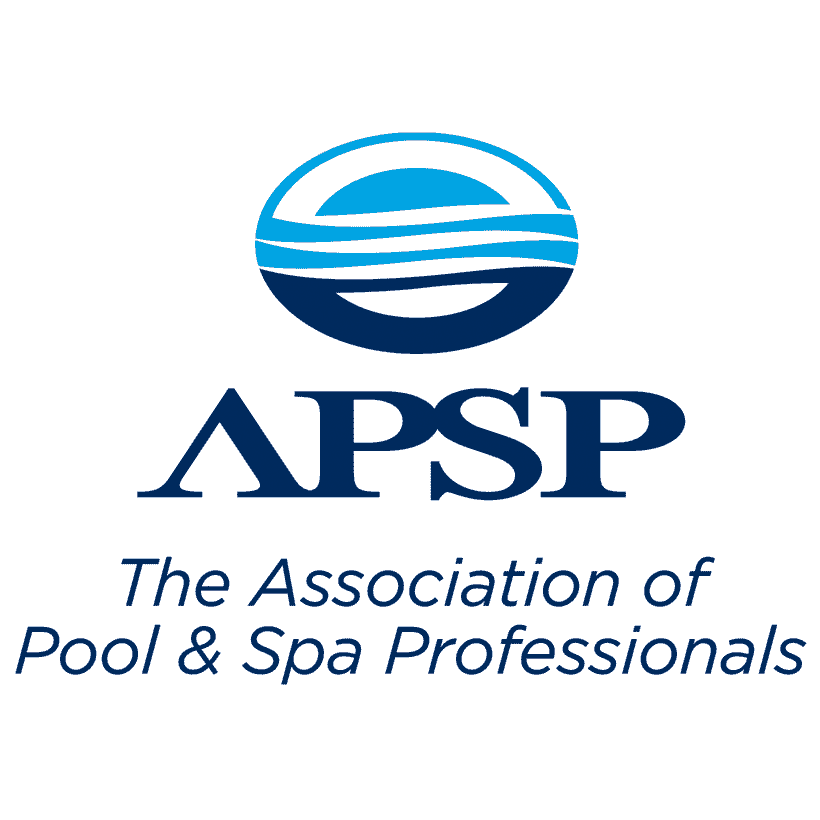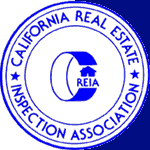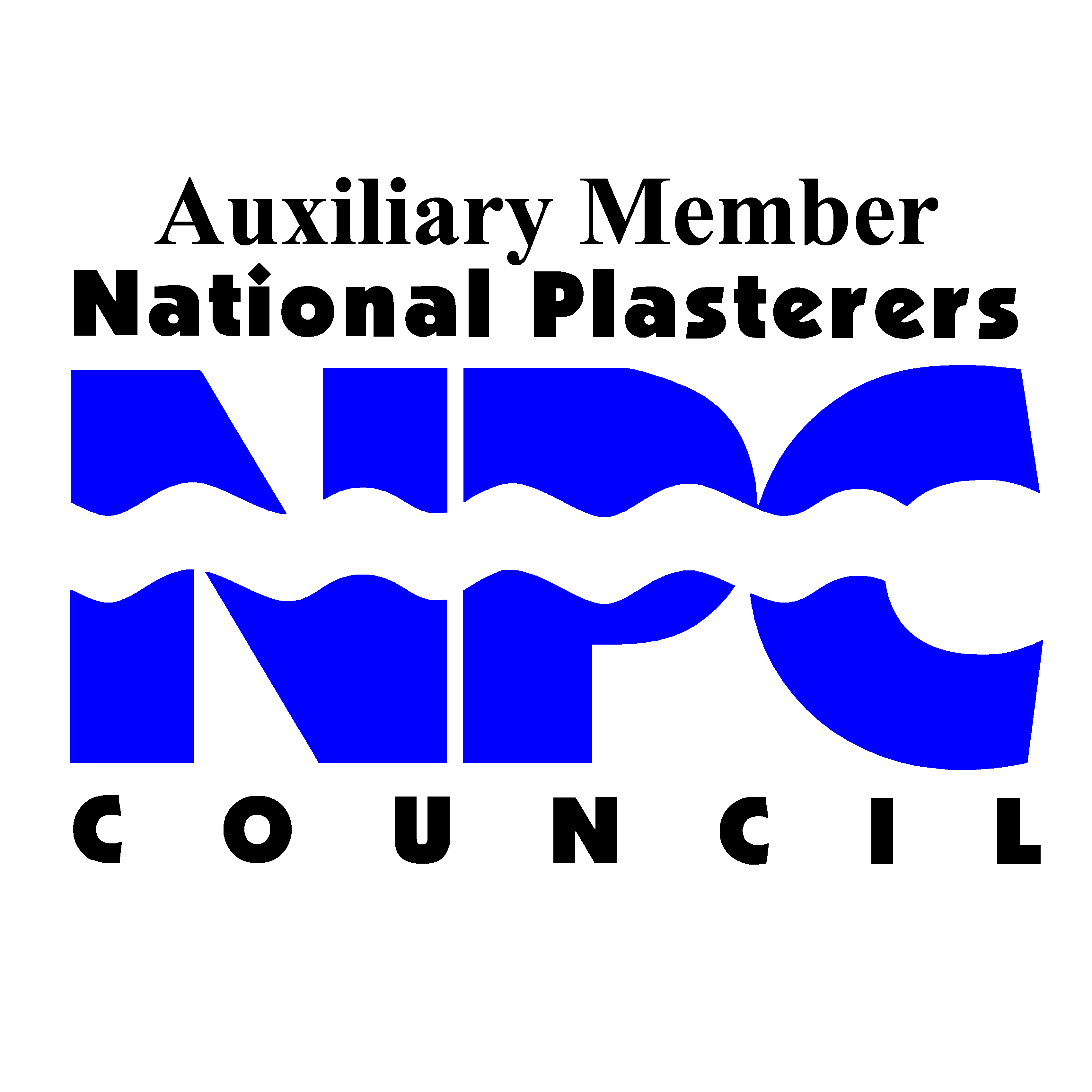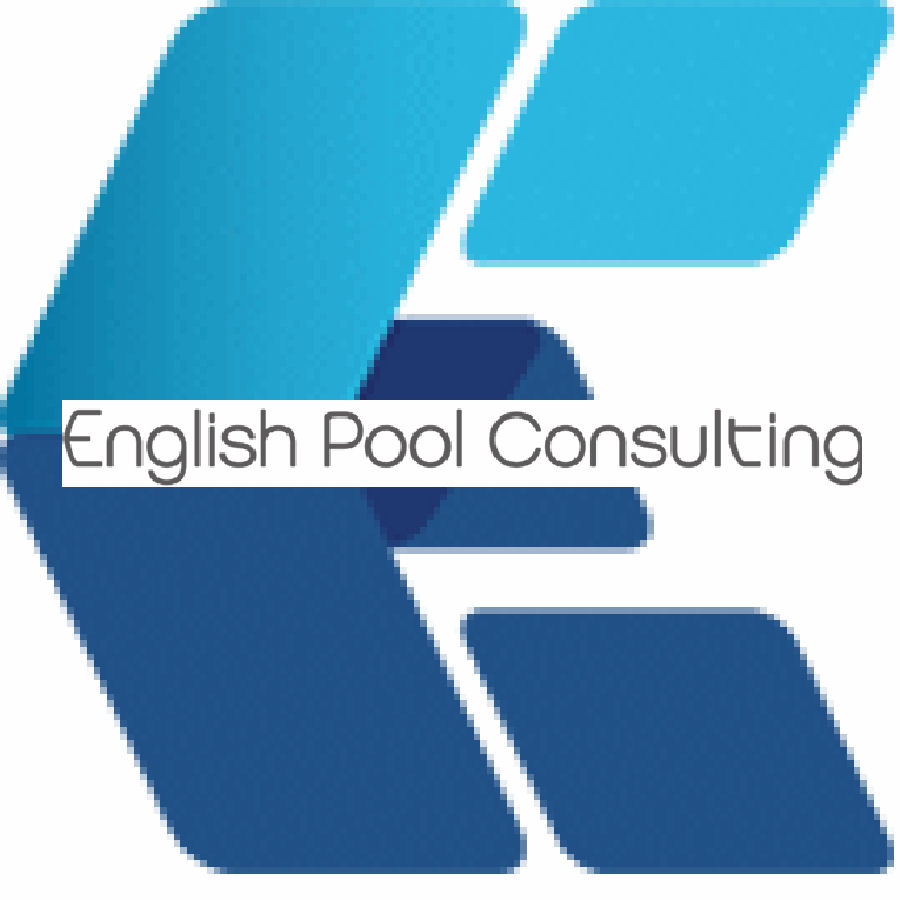What's The Difference
You have a choice when It comes to a pool inspection. :
- Have your home inspector do a pool inspection.
- Hire a pool service firm to inspect the pool.
- Hire a pool builder or remodeller to inspect the pool.
- Hire another specialty pool inspector.
- Don't inspect the pool.
- Hire Rick English.
There are pros and cons to each approach
1. Have your home inspector do a pool inspection.
Most home inspectors will do rudimentary pool inspections. Their added fee is usually less than half what I charge.
I give periodic pool inspection seminars to Members of the California Real Estate Inspectors Association. (CREIA). I have also lectured at the national convention of the American Society of Home Inspectors (ASHI). AMERISPEC, a nationwide inspection firm, has retained me to give eight hour classes at their conferences in Phoenix, AZ and in Memphis, TN. I feel that these seminars only scratch the surface of the complex topic of pools and spas.
Home inspectors often fill out a simple checklist and hand it to you without much explanations. If they see something that they feel is beyond the scope of their expertise then they recommend a separate pool inspection. But now you are up against a deadline. Contingencies must be removed by a certain date. Can you find a specialty inspector in time?
The home inspector's inspection will not discuss the proper plumbing of the pool, the water velocity, sanitization,etc. They can not recommend repair and service people. They will not calculate heating times. They do not recommend circulation times. They do not tell you the gallonage of the pool. They can not explain about saline systems, ozone systems and ionization. They can not tell you how to automate your pool. They do not give a resurfacing or solar estimate. They will not give you any tips for maintaining your pool. In addition, their insurance often specifically excludes errors and omissions on the pool and spa.
2. Hire a pool service firm to inspect the pool.
On the surface, this would appear to be the most economical choice. This firm would like to get a contract to service your pool every week. Consequently, the inspection fee is low. This firm stands to profit from selling new pumps, filters and heaters. While I often think that heaters can be repaired, they often recommend replacing heaters. Some pool service people are very knowledgeable. But there is no state license required. There are certifications available. NSPF - Certified Pool Operator, APSP - Tech I and Tech II. Only a fraction of the service people have these certifications. The quality of reports will vary greatly. They will often not be concerned with codes that are designed to protect your family. It is unlikely that the report will address hydraulics, solar, tile and decking issues. When I estimate pool and spa gallonage, it requires over 100 measurements and a computer. Even then I allow that my estimates can be 5% to 10% off. I have seen service people estimate gallonage with two or three measurements. (Some do it just by looking). This is vital information for you or your service person to know in order to maintain the pool and address problems when they arise.
Rick is certified by the National Swimming Pool Foundation as an instructor for the Certified Pool Operator program.
3. Hire a pool builder or remodeller to inspect the pool.
These contractors seldom do inspections. When the pool building and remodelling business is booming, builders are too busy to do an inspection unless they sense that there is a potential remodel job. When the pool building business is "slow" builders will do inspections in the hope of getting more work. These contractors will understandably inspect the pool with an eye to a complete make over. Often they will only address the issues that they can "correct." Service, maintenance, solar, automation and sanitization are often not addressed.
4. Hire a another specialty pool inspector.
I honestly do not know of another full time, insured pool specialist that is affiliated with both the home inspection industry (CREIA) the pool industry (APSP), the pool service industry ( IPSSA). If you find one then please check credentials and references closely. Remember that most of the pool industry's standards are published only by the APSP. Ask if the inspector is familiar with the ANSI standards for residential pools. There is no standard pool inspection. There is no standard pool inspection report. Consequently, it is very difficult for a potential homer buyer to compare the services of any inspection services. Comparing pool inspection services is even more difficult given the historical lack of standards in the pool construction and service industries.
5. Don't inspect the pool.
I have heard the comment that no inspection is better than a bad inspection. A bad inspection can lead you to spend thousands in unneeded repairs or it can lead you to ignore some potentially serious problems. Many homebuyers grew up around pools or have even owned pools. Consequently, they feel comfortable in their knowledge and ability to observe. Unfortunately, the pool industry has only now just begun to develop a sophisticated, engineering based approach to pool construction, service and pool maintenance. Pool professionals must constantly deal with "old wives' tales" about pools and pool maintenance. A significant percentage of the "common knowledge" about pools is either out of date, off the mark, or just plain wrong.
6. Hire Rick English.
I feel that my inspections are the most robust in the industry. I constantly work to make them more comprehensive and more usefull for my clients.
Knowledge I spend a lot of time studying industry literature and publications. I take weeks out of every year to attend seminars at national and regional conventions. As a former pool builder and active board member in the Association of Pool and Spa Professionals, I have a network of contacts in the manufacturing, building and service industries. I will never know it all but I am committed to knowing as much as possible.
Expertise From 1977 to 1998, I was president and general manager of a pool building firm that averaged about 100 pools per year. Since then I have been qualified as a swimming pool expert witness in the courts of six states. I am the swimming pool expert for Technical Advisory Service for Attornies (TASA), Expert Resources, The Technical Assistance Bureau (TAB), and the Forensis Group. My expert witness work gives me exposure to problems in pool construction, pool maintenance, pool chemestry and pool safety that one would not expect to experience in a single career. I look at your pool with those experiences in mind.
Inspection Experience From 1998 to the present I have inspect about five pools per week. I have built a library of over 1000 documents that explain the cause and solution of specific pool issues.
What do Rick's inspections include?. In addition to on site advice, I will email your report in a timely manner. My average report is over 20 pages. The report is a "narrative" and not checklist. I include digital photos to illustrate specific issues. The report ends with a list of items for immediate action. Here are the typical areas addressed:
| Properties | Water Level | Coping and Tile |
| Decks | Refill System | Skimmer |
| Plaster (Interior Finish) | Spa | Plumbing and Valves |
| Pumps | Turnover Recommendations | Water Velocity |
| Filters | Gas Lines | Lighting |
| Electrical | Air Blowers | Electrical Bonding |
| Timers & Controllers | Sanitizers | Pool Cleaners |
| Solar | Diving Boards | Slides |
| Fencing | Intermediate Barriers | Safety Sources |
Insurance I spend a several thousand dollars each year for errors and ommissions insurance. I have a stellar record, yet because I am a specialist, my insurance rates are higher than those of a home inspector. I know of no other pool specialty inspector that is insured. Liability insurance carried by a pool building firm or a pool service firm will not cover inspections
Rick English was president and general manager of Padre Pools from 1977 to 1998. The firm built about 100 pools per year. He serves on the Board of Directors of the San Diego Chapter of the Assocuation of Pool and Spa Professionals (APSP) nd is an affiliate member of California Real Estate Inspectors Association (CREIA). Rick is also an affiliate of the National Plasterer's Council (NPC). He holds a Bachelor of Engineering from Rutgers University and a Masters of Engineering from the University of Arizona (U of A) , and has been a part-time lecturer at San Diego State University (SDSU). since 1975. You can reach him at English Consulting at 800-864-7946 or Click here to email Rick





